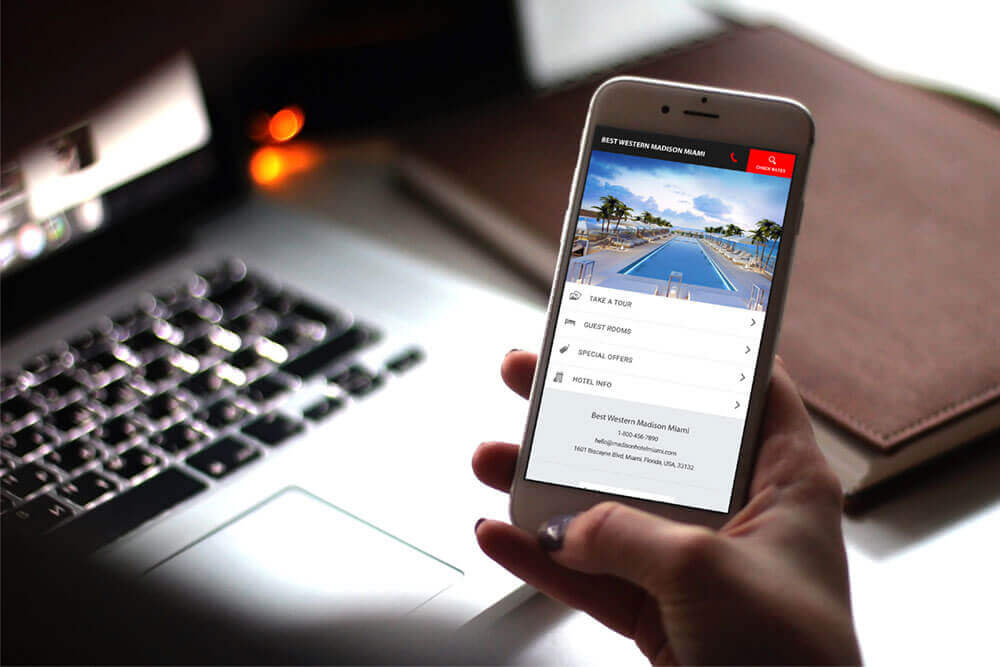
As mobile becomes increasingly used to browse and book trips and accommodation, having a responsive web design has become imperative to cater to the needs of the omnichannel traveler.
By adapting to whatever device the website is accessed on, responsive design ensures customers receive an optimal experience as they switch between desktop, tablet, and smartphone.
However, responsive design isn’t a panacea, and it shouldn’t be considered a feature for the sake of it. Yes, it’s a great first move to make life easier for customers. But to really drive conversions, a mobile booking engine needs to be created in its own right with unique usability and e-commerce functions carefully applied.
In the following post, we’ll explain some of the design features that are required for an enhanced smartphone experience. We’ll also discuss how understanding differences in user context and mindset is imperative to devise tailored smartphone marketing strategies that deliver optimal results.
Mastering mobile design
Responsiveness is just one aspect of mobile optimization and design. It’s not enough to simply shrink a desktop booking engine down to fit onto a smartphone screen. True optimization also requires understanding and adapting to the way customers interact differently on a mobile device compared with desktop.
Typically, smartphone users will be on the move, or carrying out another task while they’re online. Mobile sessions are also often shorter in length than desktop, involving quick bursts of activity that Google refers to as “micro-moments.”
This terms accurately describes a form of online behavior that fundamentally changes what a mobile booking engine needs to be effective. During a “micro-moment,” distracted customers with limited time and attention are likely to be far less tolerant of clunky web design and awkward navigation.
They’ll often be looking for a spark of inspiration, or seeking specific information to help them with their decision making, all within a finite period of time.
Based on this typical customer, the following five design elements should all be carefully considered when building a mobile booking engine.




